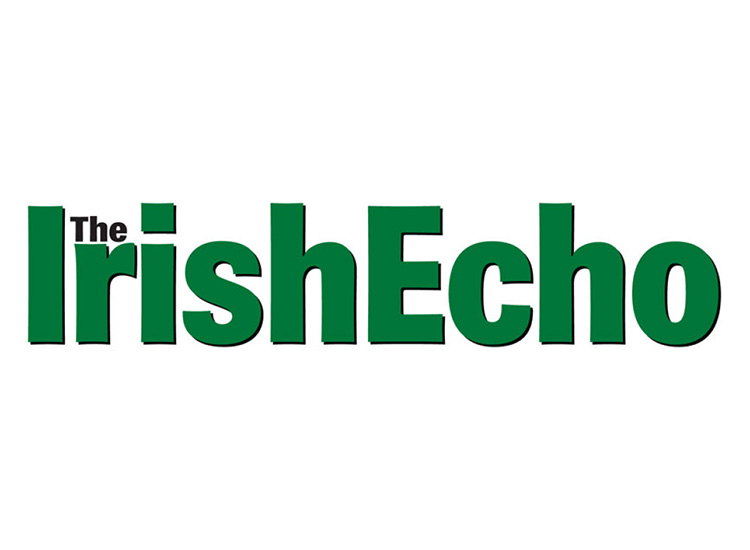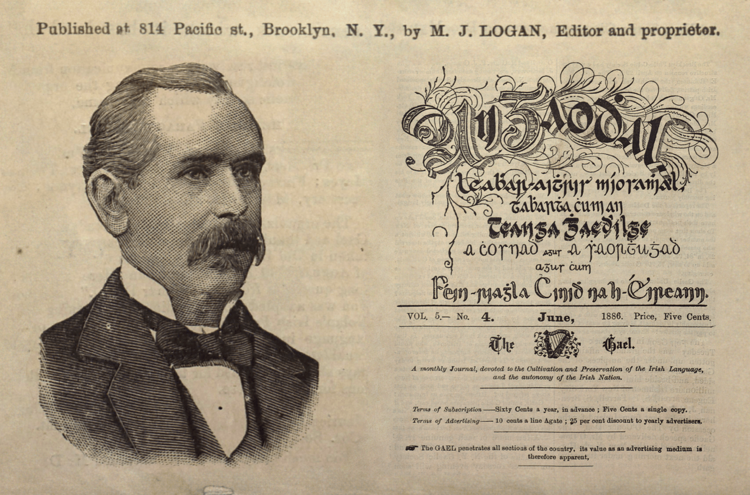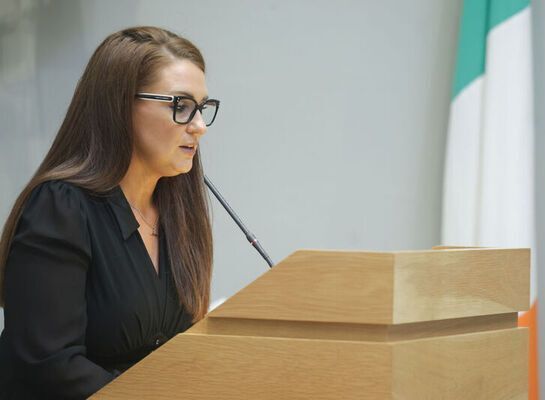Senator Charles Schumer
By Ray O’Hanlon
In the waning weeks of 2018 there was hope. There was even some expectation.
But anyone who has campaigned for immigration reform and relief for the Irish down the years, anyone who has covered this campaigning, anyone who has looked on from the shadows of an undocumented American life, well, hope and expectation are never less than uncertain companions.
This time around the hope and expectation was based on a bipartisan move in the House of Representatives to allow the Irish to share in an existing visa program open to Australians.
E-3 visas were not the solution to everyone’s problems; certainly not the undocumented. But they would open America’s mostly closed door to some Irish. Potentially quite a few in fact.
And, of course, the visas would mean that some Irish could latch on to an American life without walking into the trap of illegality.
The fact that the E-3 proposal has originated in the House of Representatives with a Republican congressman as lead sponsor was for sure a positive.
The House can be tricky territory for the immigration issue.
Then again, so too can the Senate.
Back in 2005, two of the Senate’s elder statesmen, John McCain and Ted Kennedy, crafted a bipartisan immigration reform bill. McCain/Kennedy was not even afforded a vote.
Eight years later and the number eight would be prominent. The so-called “Gang of Eight” reform bill took form in the Senate and this time there was a vote, a positive tally.
That bill withered on the vine in the House of Representatives.
Somewhat less noticed was a 2011 effort to extend the E-3 visas to the Irish.
This was also a Senate effort, in this instance one that produced two bills.
The initial bill was put together by Senator Chuck Schumer. The New York Democrat had long been a champion for the Irish, indeed going back to his days in the House of Representatives.
Schumer’s measure, S. 1983, or the Fairness for High-Skilled Immigrants Act, was, like many bills, effectively an amendment to existing law, in this case a 1992 measure dealing with Chinese student visas. Immigration legislation, by its very nature, is a complex weave.
A glance at it would not immediately give away S.1983’s core purpose until this line was reached and as highlighted in the Congressional Record: “Includes nationals of Ireland coming to the United States under a treaty of commerce to perform specialty occupation services in the nonimmigrant E-3 visa category.”
As 2011 neared its end, Schumer’s bill suddenly had a companion. Or, more accurately, a rival.
That bill, crafted by Senator Scott Brown of Massachusetts and Mark Kirk of Illinois, both Republicans, in part reflected the Schumer legislation.
But it differed in one key respect. While the Schumer bill, which was cosponsored by Senators Patrick Leahy of Vermont and Dick Durbin of Illinois, Democrats both, contained a provision granting waivers for undocumented Irish hoping for relief by means of an E-3 visa, the Brown/Kirk measure - a standalone as opposed to an amendment to something else - did not.
The Schumer measure proposed to allocate 10,000 E-3 visas a year for eligible Irish applicants. It had come on the heels of a House of Representatives move upping the annual green card numbers for citizens of India, China, Mexico and the Philippines, this while keeping the overall annual immigration limit static.
The Schumer bill emerged into sight after a series of meetings between senators and members of the Irish Lobby for Immigration Reform, the Ancient Order of Hibernians, Chicago Celts for Immigration Reform, and representatives of Irish immigration centers in various U.S. cities.
It was initially anticipated that the Schumer Senate move, and the House green card measure, would be somehow paired. But the arrival of the second Senate bill muddied the waters.
The Brown/Kirk bill, dubbed the Irish Immigration Recognition and Encouragement (IRE) Act of 2011, added the “Republic of Ireland” to the ongoing E-3 visa program, providing 10,500 employment visas that, according to a statement from the two senators, would have no limit on the number of renewals allowed.
“The United States and Ireland have a close bond, and our people remain tightly knit through a long history of Irish immigration. Sadly, inefficiencies in our immigration program have resulted in increasingly poor prospects for Irish immigrants,” said Senator Brown at the time.
“This legislation rectifies the decades-long plight by including the Irish in a special visa program that encourages their skilled workers to come to our shores. Legal immigration is the foundation of America, and we must continue to find ways to improve our visa and green card programs, especially when it comes to the treatment of our strongest allies and closest friends,” he said.
The accompanying statement additionally said that the Brown/Kirk bill “recognizes the damage done to Irish immigration prospects in the Immigration and Nationality Act of 1965 and therefore adds the Republic of Ireland into the E-3 visa program.”
It specified an annual total of 10,500 employment visas available for the Irish; so, at one level, Schumer plus five hundred.
The measure was described as “a standalone bill that does not include controversial immigration provisions that could weaken national security and rule of law.”
It “recognizes the history between Ireland and the United States, and the importance of increased Irish immigration.”
The end of year holiday recess arrived before there could be any action on one or both of the Senate bills, so the two of them carried into 2012, year two as it was of the 112th Congress.
The 112th Congress was not seen as a promising incubator by comprehensive immigration reform backers, hence the focus on, and interest in, the more limited E-3 bills.
As 2012 advanced there were expectations of a vote on at least one of the E-3 proposals by St. Patrick’s Day.
But there would be a hitch.
Both the E-3 packages were attracting bipartisan interest and support but, as became evident with the E-3 move at the end of 2018, even across-the-aisle agreement isn’t a guarantee of ultimate success.
So as St. Patrick’s Day 2012 drew close there was less than total surprise that there was an objection. It was voiced by Senator Charles Grassley. The Iowa Republican had concerns that the E-3 visas would undercut American workers.
That argument could have been made with regard to immigration in general, but Grassley’s gimlet eye was fixed on the E-3s.
There it remained and the Irish E-3s of 2011/2012 would have to wait for another day.
They are still waiting and have now been joined in line by the Irish E-3s of 2018.








